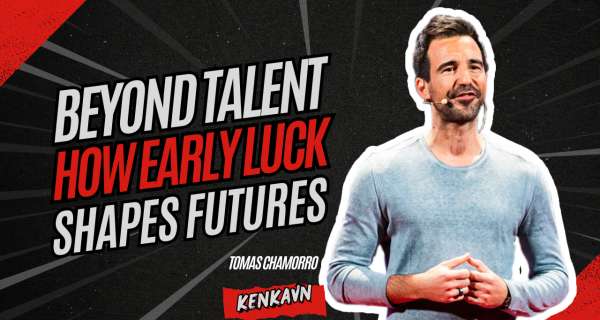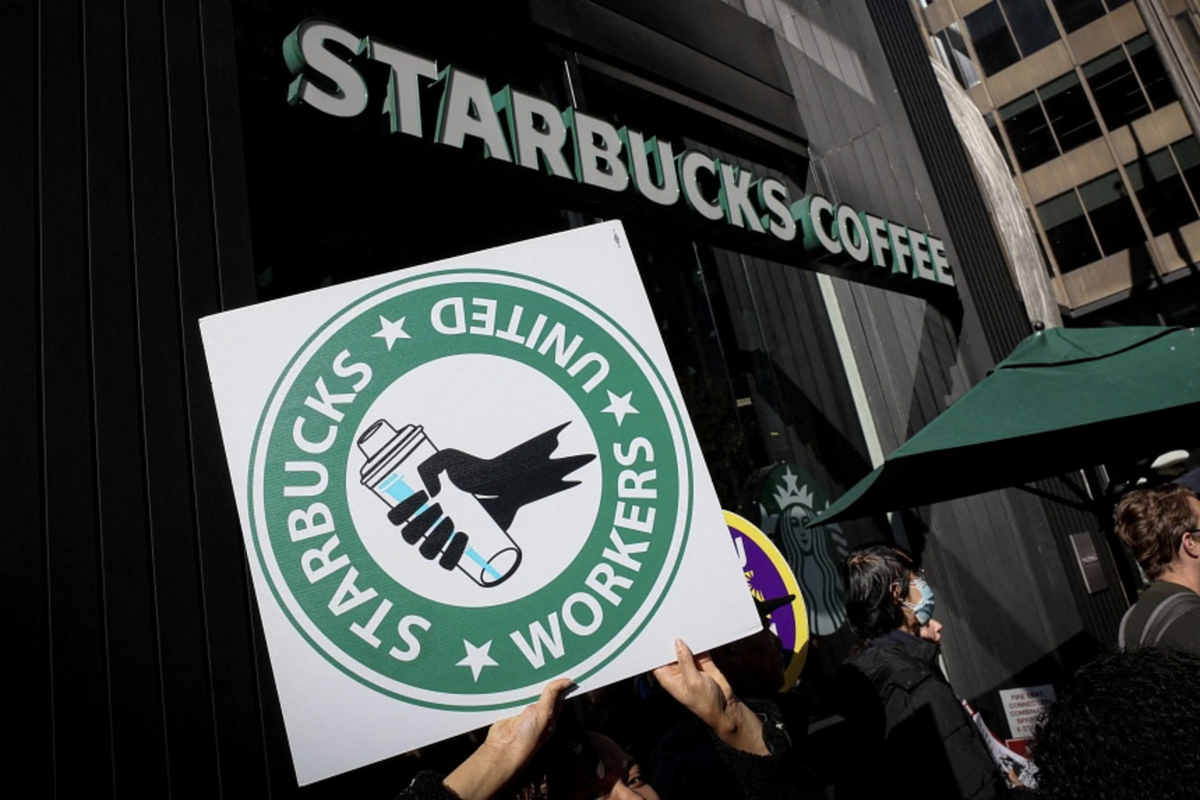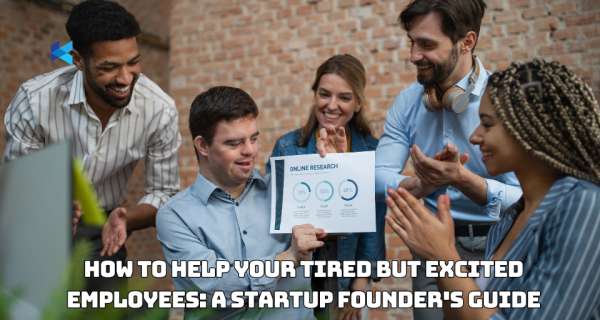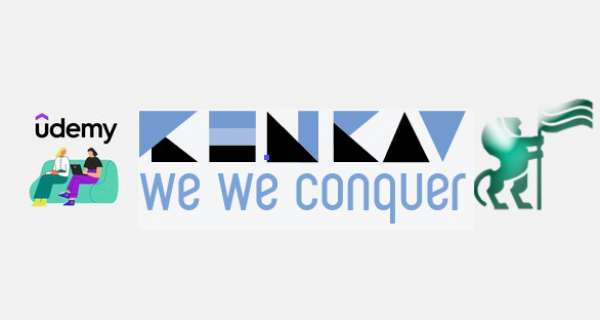- College friends Brett Goldberg and Christopher O'Brien founded TickPick in response to frustrations with existing ticketing platforms' high fees and poor user experience.
- TickPick's founders began developing the idea and patent for their bidding platform in 2009, leading to the platform's official launch in October 2011.
- Christopher O'Brien, with a background in computer science, built the TickPick website, while Brett Goldberg focused on growth marketing and driving traffic.

Brett Goldberg and Christopher O'Brien met in 2003 during their freshman year of college. In their last year of college, two good friends — one studying business and the other computer science — started hashing out plans to start a business together.
Sick of dealing with high ticket fees and poor user experience, they set their sights on disrupting ticket resellers like StubHub. Venue seating charts are an important tool in the ticketing industry, as they enhance the user experience by letting people see the layout of the venue and choose the seats that best suit their needs. The fact that some marketplaces charged high fees without offering this feature suggests that they may not have been providing the best service to customers at the time. What if they could design a more efficient ticketing marketplace — one with no hidden fees and cost-savings for consumers?
In 2009, the two friends started developing the idea and a patent (A patent is a type of intellectual property.) for their bidding platform on the weekends. By October 2011, TickPick official launched. To quit their day jobs, the two first-time entrepreneurs needed some capital. That started a 12-year journey of raising money. Sometimes there was not enough money, and sometimes there was a lot of money.
February – May 2012:
$250,000
Friends and family found
Armed with a 25-page deck and an LLC formed with the assistance of a lawyer friend, Goldberg and O'Brien started pitching their ticketing marketplace. Together, their immediate families become the original seeders, putting in about $100,000. Extended relationships and friends got the co-founders up to $150,000 in committed capital, but then their efforts stalled out. That's until some professional angel investors joined their cap table, bringing in another $100,000.
For their friends and family round, the entrepreneurs sold 10 percent of their business at a valuation of $2.5 billion — a very small amount in a really big year for startups. While tech companies like Square and GitHub got lots of money and success and Instagram scored a billion-dollar sale to Facebook, TickPick kept its operations extremely lean and focused on breaking even.
(Breaking even means when the money you spend is the same as the money you earn. For example, if you start a small business and after some time the money you make from selling things is exactly the same as the money you used to buy the things to sell, then you are breaking even. This means you are not making a profit, but also not losing any money. It's an important thing to try to do when you have a business, because you don't want to be losing money all the time. Breaking even is better than losing money, and then you can try to make more money and start making a profit.)
With $250,000, the co-founders figured they had about a year of runway before they needed to generate enough revenue to keep the company running.
Goldberg says that initial injection of capital went towards "very basic stuff" like computers and GoDaddy for their web domain. Anything that cost more than $500 required a conversation. About half of the money went toward salaries for O'Brien, who built the website, and Goldberg, who focused on driving traffic through different ways to make the website popular. Their paychecks, which were comparable to other college graduates around their age, were about enough to cover grocery bills and rent in New York City and Hoboken, New Jersey.
...to be continued, please come back to continue watching the remaining exciting part.




















0 Comments